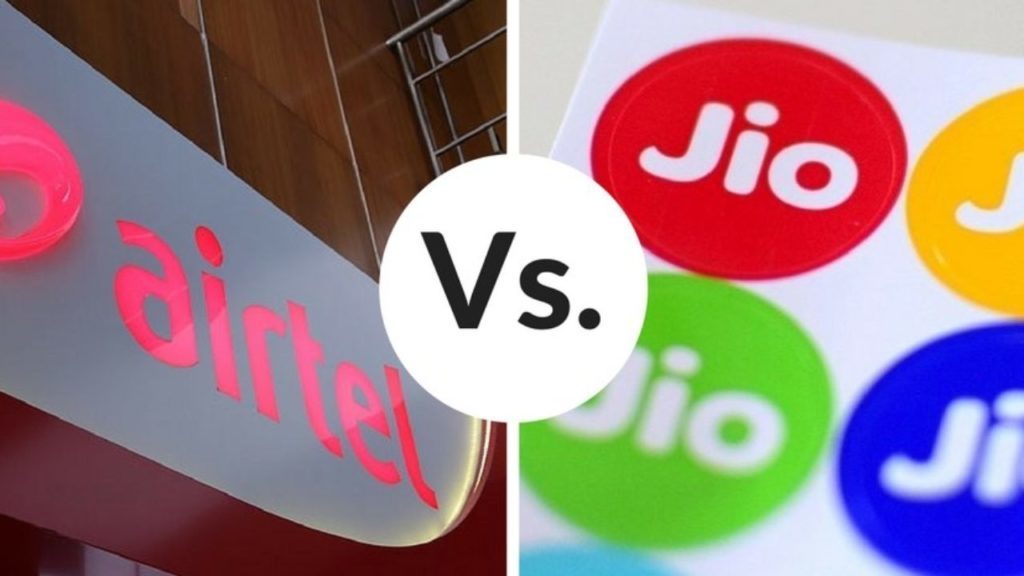In October, Reliance Jio emerged as the leader in 5G mobile download speed with an impressive rate of 306.3Mbps, surpassing its competitors, according to a report from network analysis firm Opensignal. Bharti Airtel, on the other hand, retained its position as the dominant force in 5G upload speed with 25.1Mbps, earning the title of “outright winner” in this category.

Jio Tops Overall Mobile Speeds While Airtel Leads in Quality of Experience: Opensignal Report
Jio users also experienced the highest overall mobile speed at 52.9Mbps. Opensignal’s Senior Analyst, Hardik Khatri, pointed out that Jio’s “Download Speed Experience” score was nearly double that of Airtel, with a 12.3% faster 5G download speed. Conversely, Airtel’s 5G upload speed exceeded the previously reported speed by 2Mbps and was 6.4Mbps (34.2%) faster than Jio.
Khatri emphasized that Airtel excelled in providing the best quality of experience for activities such as streaming on-demand and live videos over mobile networks, playing multiplayer mobile games, and using over-the-top (OTT) voice services on mobile voice apps, even with 5G. However, Jio maintained its stronghold on download speeds.
Opensignal’s regional analysis of 22 telecom circles across India indicated that Airtel led in gaming, video streaming, and voice app experiences in most areas. In contrast, Jio excelled in download speeds, “Availability,” “5G Availability,” and coverage metrics.
Indian Telecom Giants Airtel and Jio Surpass 50 Million 5G Subscriptions in a Year
The report also highlighted the rapid evolution of the Indian mobile network landscape, with Airtel and Jio reaching significant milestones by garnering over 50 million 5G subscriptions within a year of their commercial 5G launches. Both telecom giants introduced their 5G fixed wireless access (FWA) services, namely Airtel Xstream AirFiber and JioAirFiber, initially in key metropolitan areas.
Meanwhile, Vodafone Idea is actively working to fulfill its 5G obligations, conducting tests in Pune, and exploring technologies such as Open Radio Access Network (OpenRAN) and virtualized RAN (VRAN) to streamline the rollout and reduce costs. Opensignal based its analysis on data collected between June 1 and August 29.












